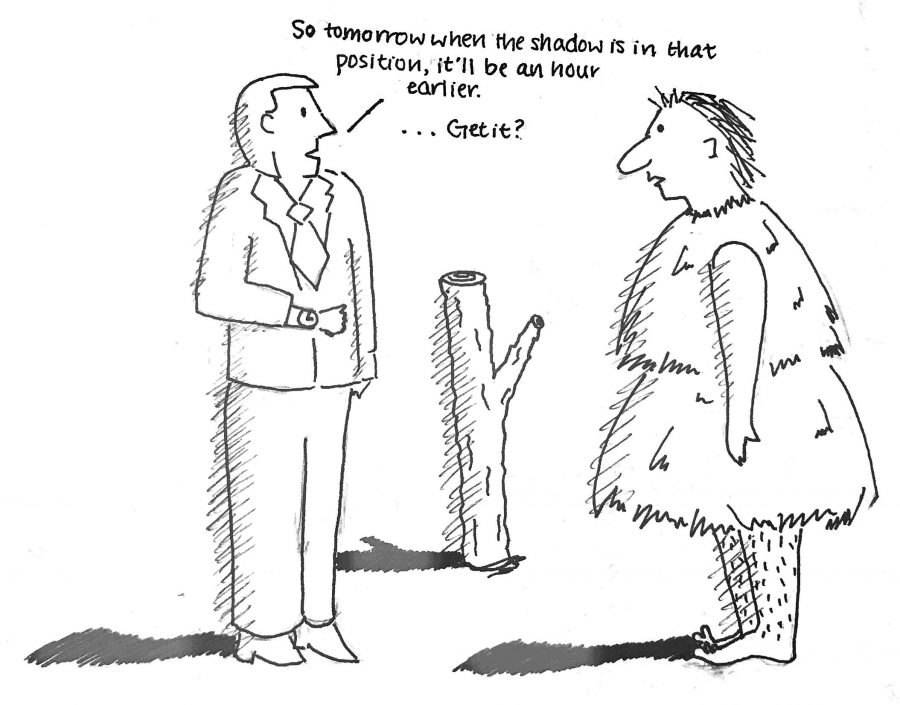Is daylight saving worth saving?
It is March 13 and you are having a tough time getting out of bed, when all of a sudden you realize you are an hour late for school. What is to blame? Daylight saving time.
Daylight saving is an annual event that starts Sunday, March 12 at 2:00 a.m. PST and goes until Sunday, Nov. 5 at 2:00 a.m. PST. It was originally practiced in 1908 in Canada and is now used in 70 different countries today. Originally, daylight saving was created to help farmers with crop production as it allowed their crops to get an extra hour of sunlight. Now, every spring we move our clocks back an hour to help save and conserve energy, but with electronic devices, saving energy is something that cannot be fixed by moving the clock up an hour. Daylight saving should not continue to be practiced as it creates excess problems in a student’s busy schedule because of the lack of sleep.
Sleep is one of my favorite things to do and during daylight saving according to Motto, “the average American loses 40 minutes of shut-eye each year on the night after DST begins.” The amount of sleep lost may seem small, but it is no small amount to teenagers, as even a little rest can help one feel recharged and ready to go. As a high school student who has lots of homework and extracurricular activities everyday, getting as much rest is crucial, especially since I am not getting very much in the first place. Getting enough sleep every night, especially over daylight saving is very important as according to the The National Heart, Lung and Blood Institute, “getting enough quality sleep can help protect your mental health, physical health, quality of life and safety.” Without proper sleep, it can cause one to feel groggy and tired. When I feel like this due to lack of sleep, I do not want to do anything but lay down and rest. This then takes away precious free time, in which I could be spending on doing something I really enjoy.
With school starting early in the morning and ending late in the afternoon, days can be long especially when students have extracurricular activities and lots of homework to do. With days getting a little longer during daylight saving, students need all the rest they can get to be charged up and ready to go back at it again the next day. Without daylight saving it can help ease the busy life of students by allowing them to have a little more rest, as well as help them to be attentive and ready to go the moment they step onto campus.

Hey Warriors! I’ve been in the Golden Arrow for three years now, and I am incredibly excited to be serving as your In-Depth Editor this year. I am also...










